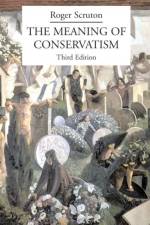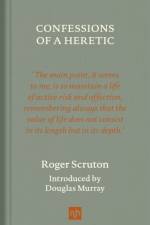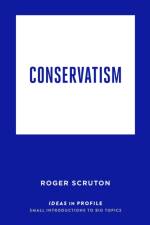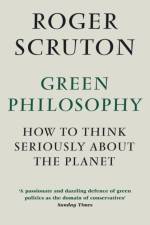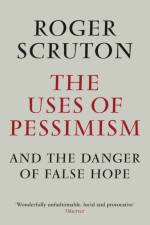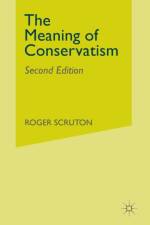av Roger Scruton
267
First published in 1980, The Meaning of Conservatism is now recognized as a major contribution to political thought, and the liveliest and most provocative modern statement of the traditional "paleo-conservative" position. Roger Scruton challenges those who would regard themselves as conservatives, and also their opponents. Conservatism, he argues, has little in common with liberalism, and is only tenuously related to the market economy, to monetarism, to free enterprise, or to capitalism. It involves neither hostility toward the state, not the desire to limit the state's obligation toward the citizen. Its conceptions of society, law, and citizenship regard the individual not as the premise but as the conclusion of politics. At the same time it is fundamentally opposed to the ethic of social justice, to equality of station, opportunity, income, and achievement, and to the attempt to bring major institutions of society - such as schools and universities - under government control. Its root conceptions are those of loyalty, allegiance, community, and tradition. The conservative vision of society is one in which autonomous institutions and private initiative predominate, and in which the law protects the shared values that bind the community together, rather than the rights of those who would blow the community apart.





